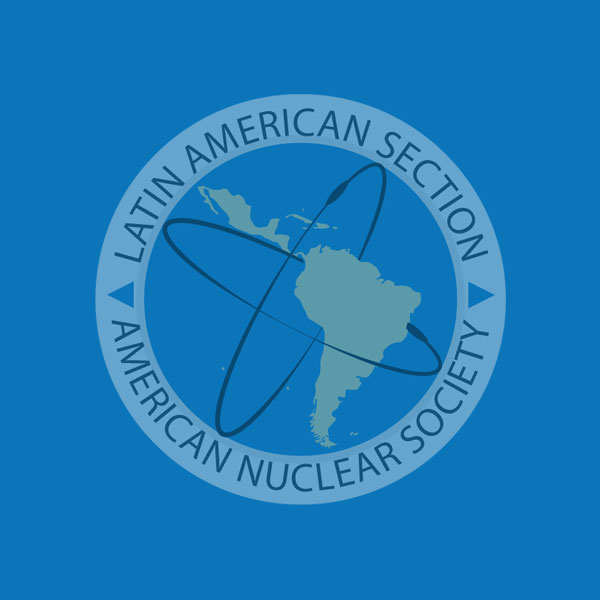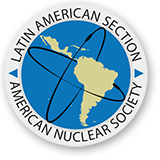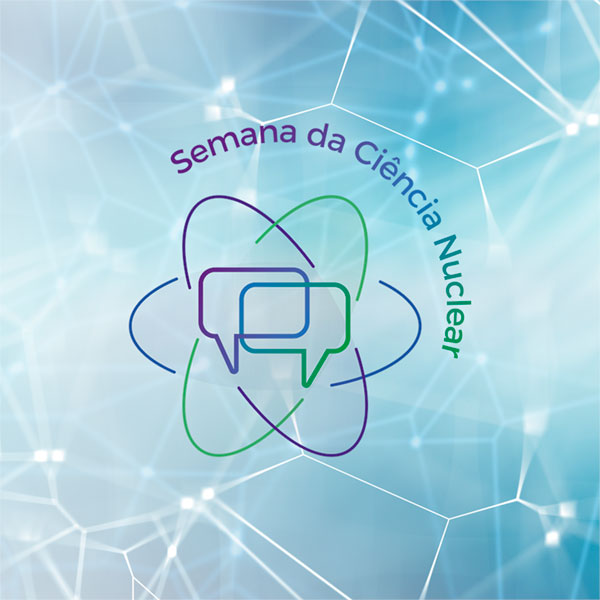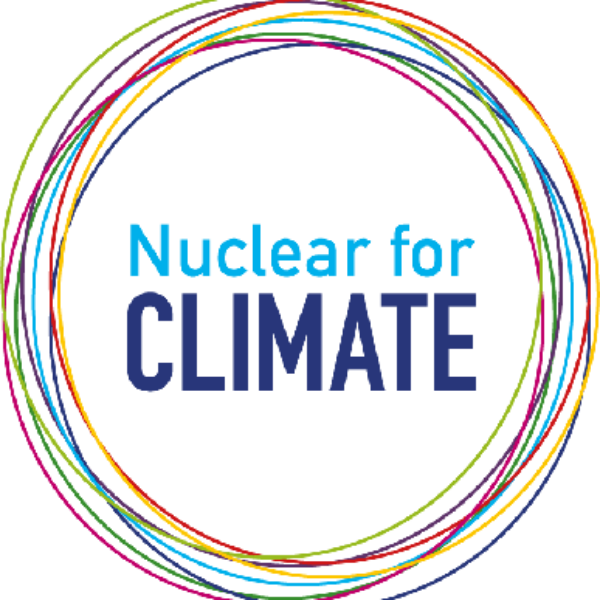COP-4 LAS/ANS POSITION PAPER
[…]

COP-4 LAS/ANS POSITION PAPER
The Fourth Conference of the Parties to the un Framework Convention on Climate Change (COP-4)
(Buenos Aires, November 1998)
By the beginning of next century all forms of primary energy for electricity production will be needed if sustainable development is aimed at. In this context we have the moral obligation to utilize those energy resources which lead to the lowest possible environment impacts.
Nuclear energy is a form of energy which does not emit any greenhouse gas (carbon dioxide, methane, nitrous oxide and others) nor any gas causing acid rain (Sulfur dioxide, Nitrogen oxides). It does not emit any carcinogenic, teratogenic and mutagenic metal (As, Hg, Pb, Cd , etc) as fossil fuel alternatives do. The utilization of nuclear energy also does not release gases or particles that cause urban smog or depletion of the ozone layer.
Nuclear power is the only energy technology that treats, manages and contains its wastes in a complete segregated way from the public and environment. Other fossil fuel alternatives do not.
Nuclear power does not require large areas with the resettling of large populations, because it is a highly concentrated form of energy. Hence its environmental impact on land, forests and waters is minimal.
In the span of a single generation, the Earth’s life sustaining environment is changing more rapidly than it has over any comparable period of history. Much of this change is due to anthropogenic emissions. These changes may profoundly affect generations to come. Much of the current concern about the fate of the global environment is related to the increased concentration of greenhouse gases and possible effects on the global climate.
In the entire world increasing efforts are being devoted to the task of developing greenhouse-responsive global energy systems. Any greenhouse responsive energy strategy requires curtailing the use of fossil fuels, because fossil fuels currently provide more than three quarters of global primary energy supply. To replace fossil fuels, nuclear power has to be a part of the solution because it is one of the few available non emitting greenhouse gases capable to produce large amounts of electricity required for a global sustainable development. Today it already generates 17% of global electricity production and avoids some 10% of additional CO2 emissions by all economic sectors and about one-third by the power sector.
Hence if sustainable development with minimum environment impact and with minimum risk of enhancing greenhouse effect is a serious target, nuclear power should also be taken seriously.
The Latin American Section of the American Nuclear Society realizes that nuclear power alone cannot solve the environmental load of the world, particularly a decrease of the emissions of greenhouse gases. However the Section emphasizes that without the use of nuclear power no solution of this crucial problem to the future of mankind is possible.




